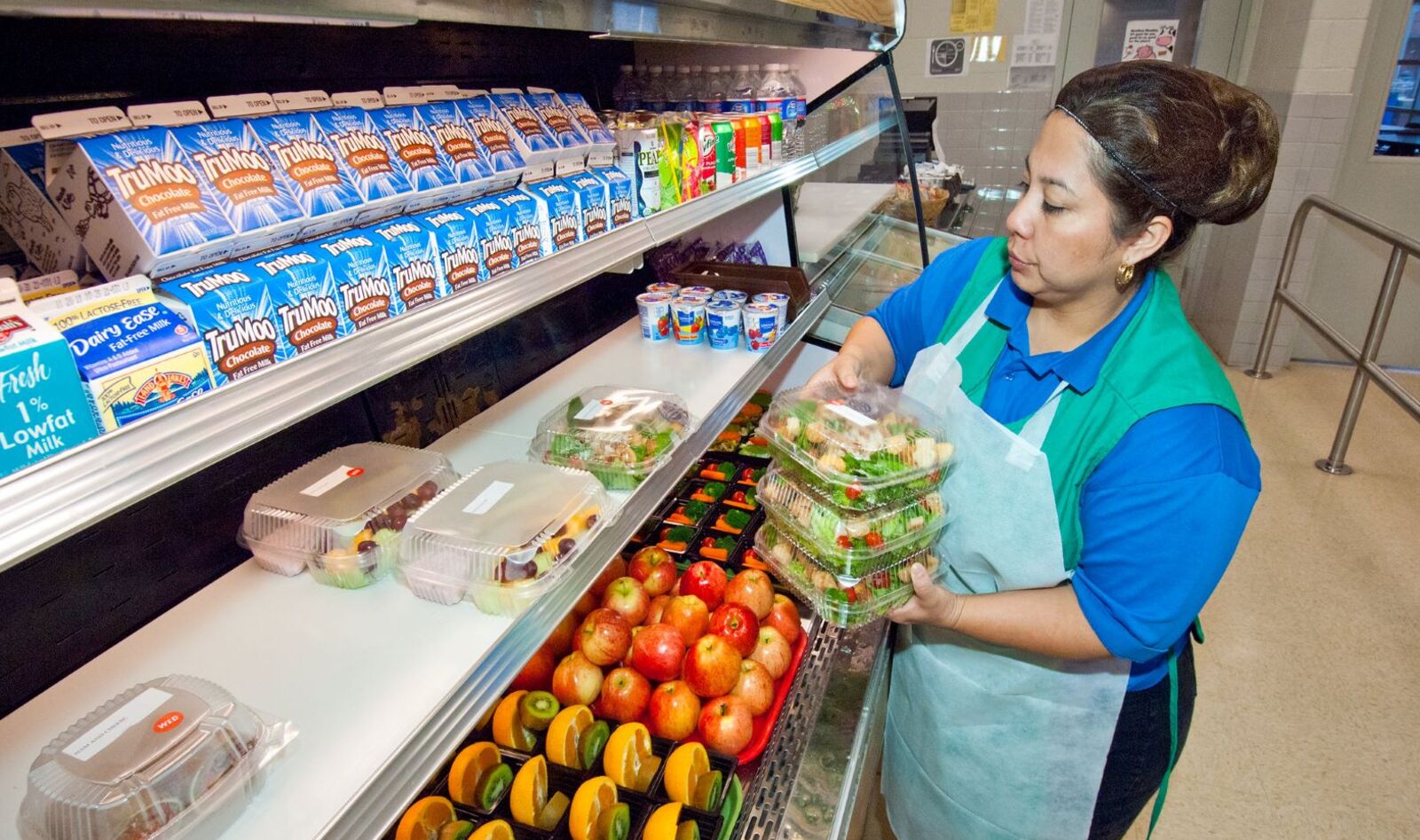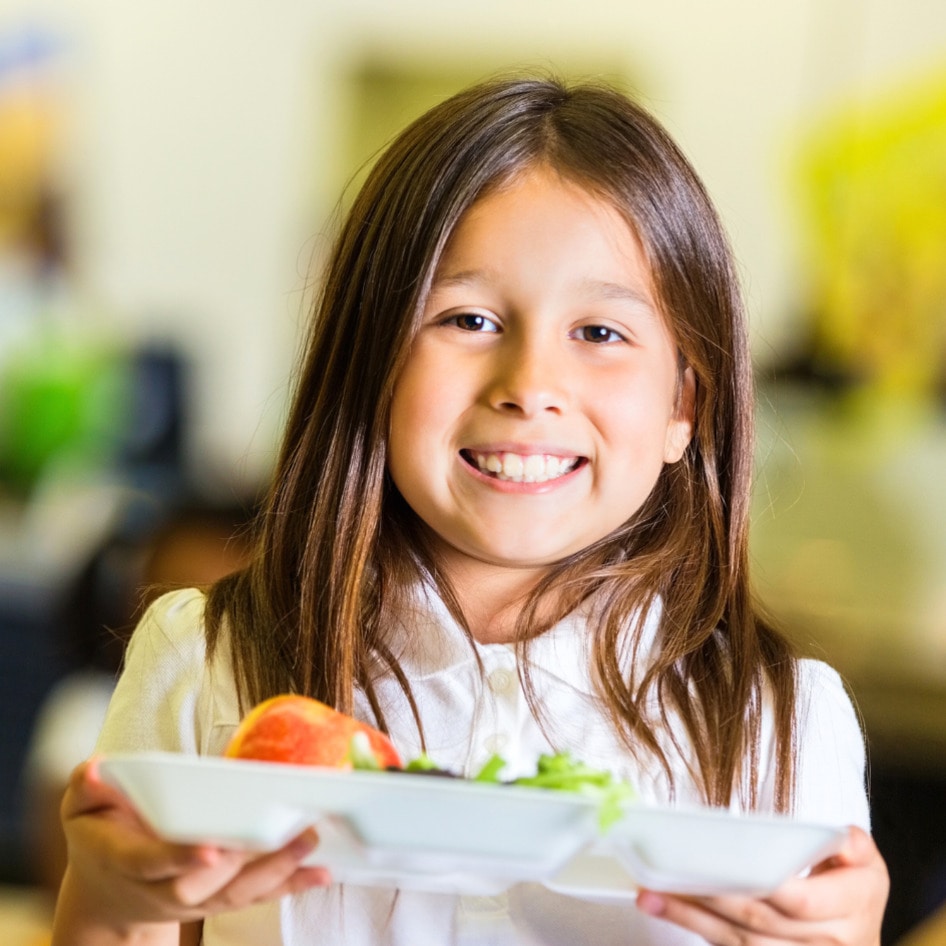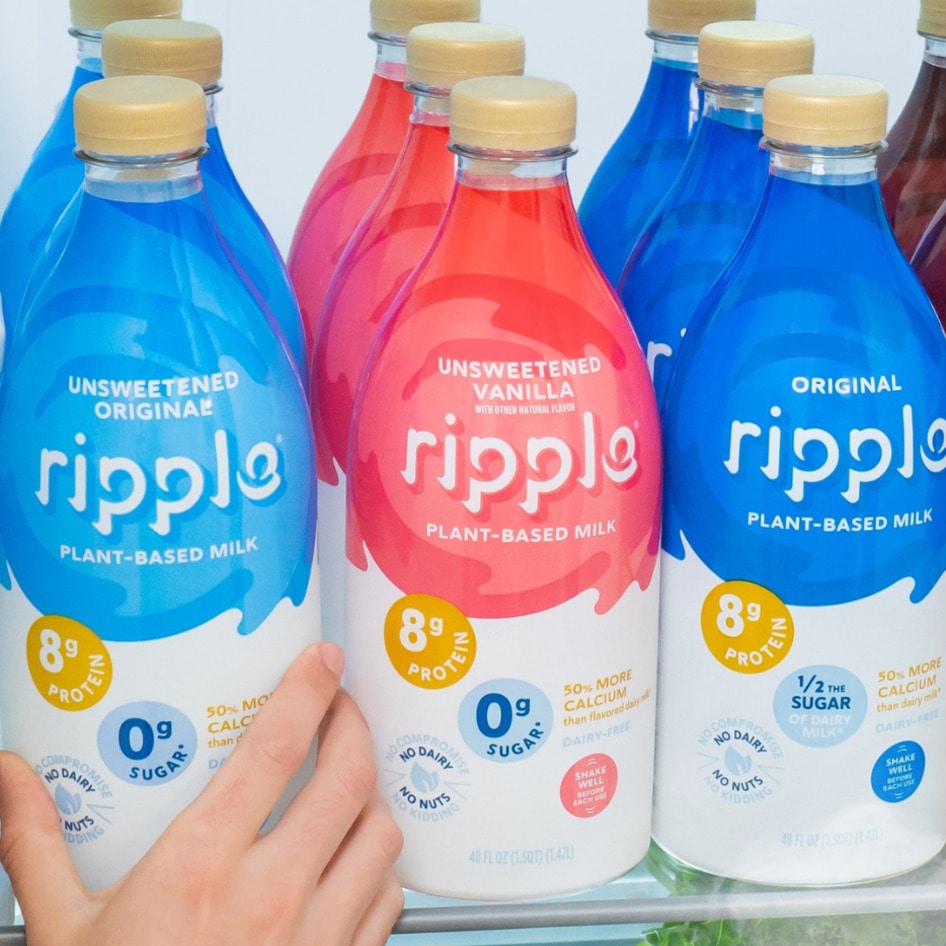In a groundbreaking legal settlement, the Los Angeles Unified School District (LAUSD) has resolved a lawsuit brought by 2023 graduate Marielle Williamson and non-profit medical organization Physicians Committee for Responsible Medicine (PCRM).
The lawsuit, filed earlier this year, alleged that the school system violated Williamson’s free speech rights by preventing her from sharing information critical of the dairy industry.
The agreement, hailed as a victory for advocates of free speech and dairy-free options in schools, marks the first of its kind. LAUSD has acknowledged students’ right to question dairy products in a move that sets a precedent for similar cases across the country.
“This is a huge win for free speech advocates and for critics of dairy in schools who, until today, had been silenced by the threat of censure if there was a perceived criticism of dairy products,” Deborah Press, associate general counsel at PCRM, said in a statement.
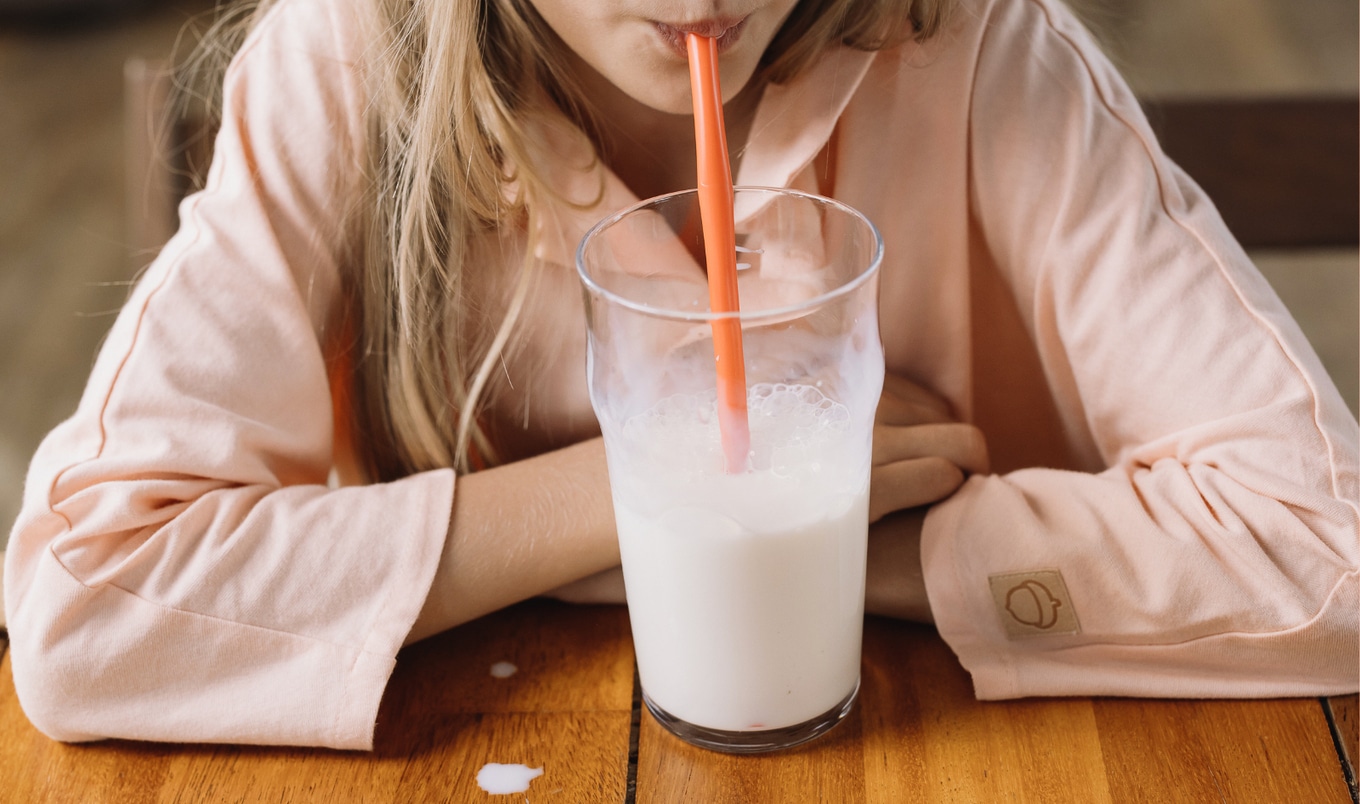 Canva
Canva
The legal action was prompted by the school’s refusal to allow Williamson—a senior at Eagle Rock High School at the time—to share information about plant-based milk or express criticism of the dairy industry in the school cafeteria without providing pro-dairy content.
PCRM, in collaboration with LAUSD, is also working to offer non-dairy milk alternatives to students seeking options beyond traditional dairy products.
Speaking out about dairy in schools
The federal lawsuit, filed on behalf of Williamson, argued that the school district and the US Department of Agriculture (USDA) violated her First Amendment right to share information critical of the dairy industry and raise health concerns about dairy consumption.
Dairy products, according to the lawsuit, are a leading source of saturated fat, a major contributor to greenhouse gas emissions, and linked to various health problems.
“I am very grateful we were able to reach an agreement with LAUSD that enshrines the free speech rights that led to challenging school policies,” Williamson said in a statement. “The changes ensure that other students who want to speak openly about dairy have the ability to do so.”
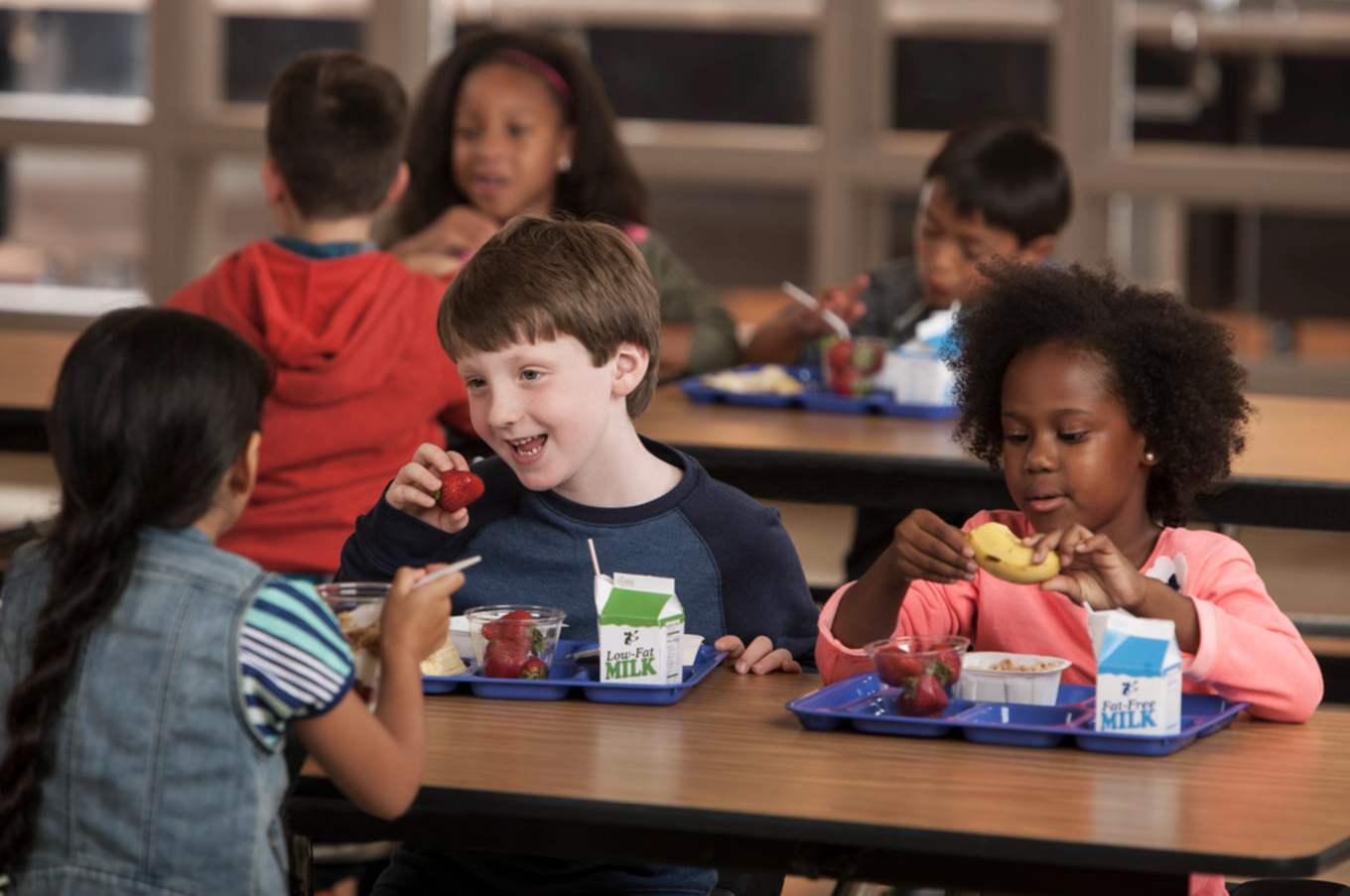 Flickr
Flickr
The settlement also addresses issues of constitutionality, as PCRM argued that the school district unlawfully discriminated against Williamson by restricting her from distributing information critical of dairy while allowing school-sanctioned dairy promotions to prevail.
Notably, approximately 75 percent of the LAUSD student population is Latino/Hispanic, and research suggests that around 50 percent of Mexican Americans experience lactose intolerance.
The lawsuit contended that school-sanctioned “Got Milk?” ads that pervade the school could convey to certain students that school programs are not tailored for them. “Our school is riddled with pro-dairy posters and promotions,” Williamson said at the time.
“The fact that a differing perspective from a student was shut down goes to show that the USDA is more focused on milk sales than the well-being of students,” she said. “This lawsuit was the only way to make people aware of how wrong this is.”
As part of the settlement, LAUSD has issued new guidance to parents on obtaining soy milk in the lunch line and provided a memorandum to school principals and food service personnel emphasizing students’ right to criticize dairy.
The case against dairy
By law, “fluid milk,” or cow’s milk, must be offered at every school lunch and breakfast served under the National School Lunch Program and the School Breakfast Program. However, Williamson was concerned about her many classmates who cannot—or choose not to—consume dairy.
According to PCRM, many people cannot digest lactose.
“As we grow up, many of us lose the ability to produce the enzyme lactose, and therefore, cannot digest lactose-containing products like cow’s milk,” Anna Herby, DHSc, RD, CDE, PCRM Nutrition Education Program Manager, tells VegNews.
“As a result, the lactose is not absorbed and instead remains in the intestine where it causes symptoms including upset stomach, diarrhea, and gas,” she says.
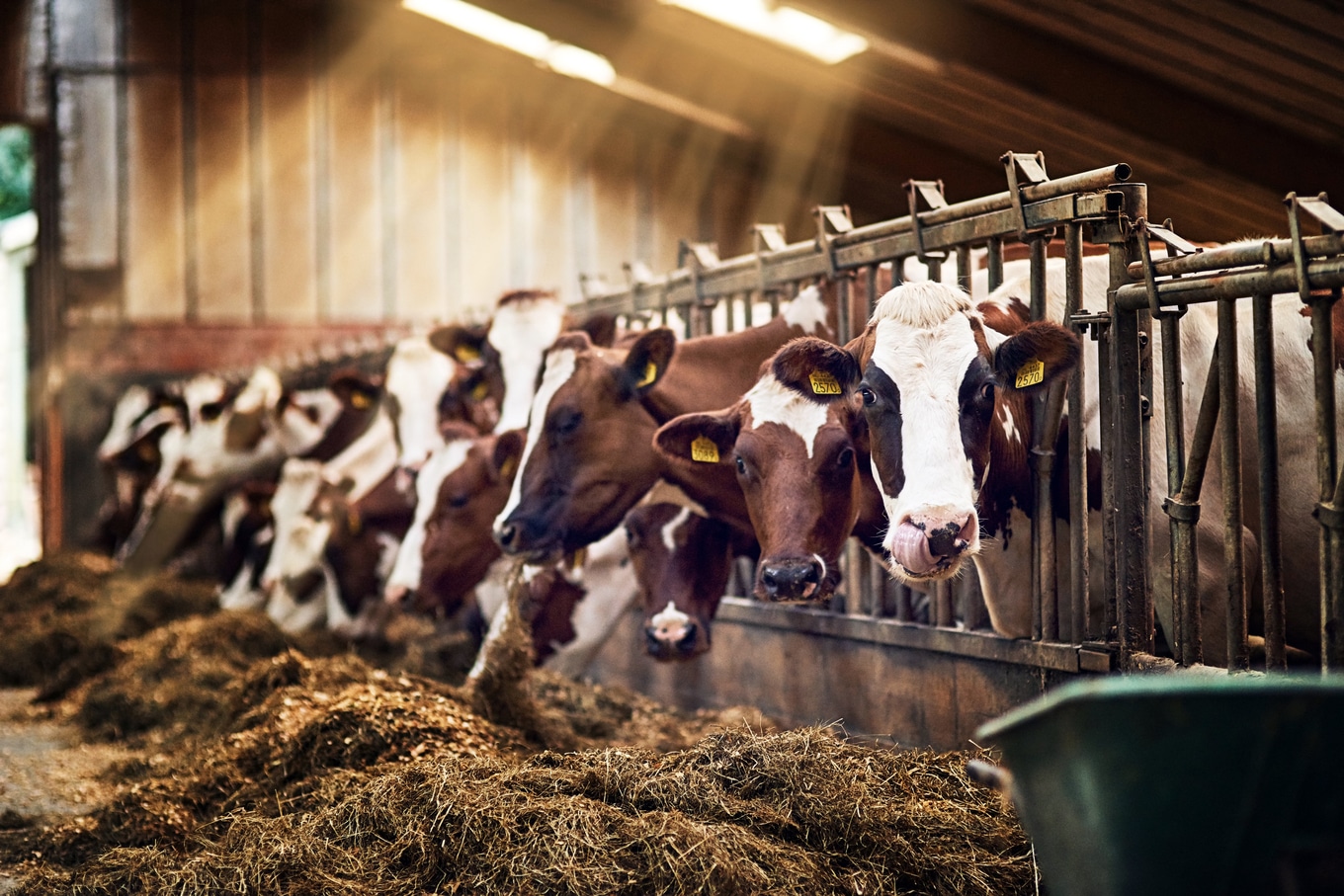 Getty
Getty
In fact, the National Institutes of Health estimates that 30 to 50 million American adults are lactose intolerant, including 95 percent of Asian Americans, 60 to 80 percent of African Americans and Ashkenazi Jewish people, 80 to 100 percent of Indigenous people, and 50 to 80 percent of Hispanic people.
Notably, with such a large percentage of the LAUSD student population being Latino/Hispanic, not providing appropriate beverages for these students sends the message that their school’s food programs are not meant for them.
“The dairy industry has a stranglehold on our students and our school meal programs,” Deborah Press, associate general counsel for PCRM, said in a statement. “The USDA is so protective of the dairy industry that its policies outlaw even the smallest amount of opposition to the deluge of pro-milk messaging in schools,”
It will do anything it can—even gag student speech—to continue foisting unwanted, unhealthy, and culturally inappropriate foods on young people,” Press said.
Removing barriers to non-dairy options
On the heels of this lawsuit, federal legislation is being introduced to remove barriers to access to non-dairy milks at school. Earlier this year, US Reps. Nydia Velázquez (D-NY) and Jamal Bowman (D-NY) reintroduced the Healthy Future Students and Earth Act, which would ensure that schools are better accommodating to students who are unable to process lactose or who otherwise cannot or choose not to consume cows’ milk.
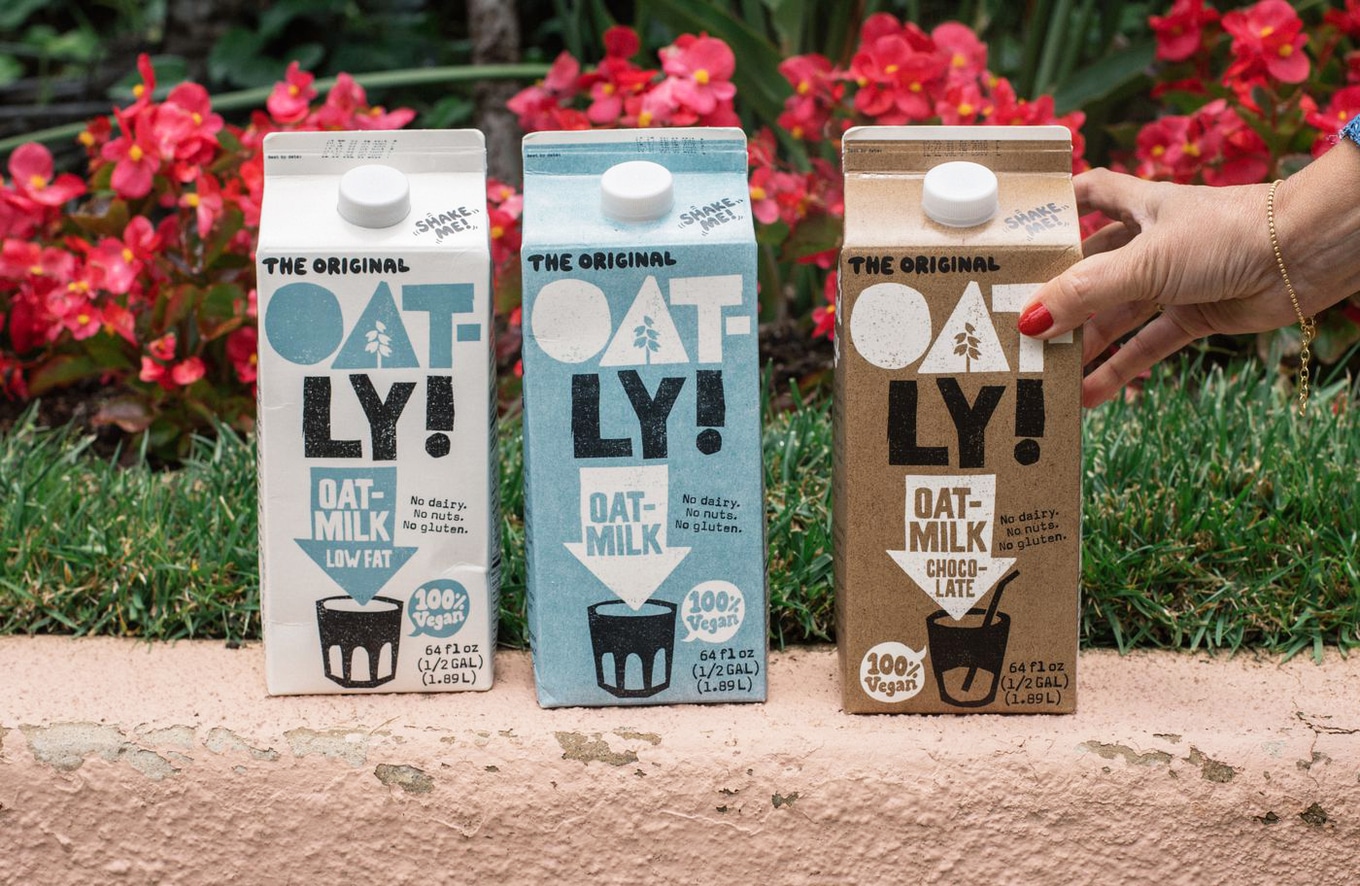 Oatly
Oatly
The legislation would authorize school districts to provide a non-dairy fluid milk alternative (consistent with the Dietary Guidelines for Americans) to any student as part of a reimbursable meal without a note. It would also ensure school districts are providing a non-dairy milk substitute if a parent or guardian makes a written request to the school district.
This aligns with the growing evidence of the negative health impacts of dairy products. “In addition to the widespread inability to digest lactose, milk and other dairy products are the top source of saturated fat in the American diet, contributing to heart disease, type 2 diabetes, and Alzheimer’s disease,” Herby points out.
“Studies have also linked dairy to an increased risk of breast, ovarian, and prostate cancers,” Herby says. “It is not a health-promoting food and alternatives should be available in schools.”
For the latest vegan news, read:
JUMP TO ... Latest News | Recipes | Guides | Health | Subscribe

